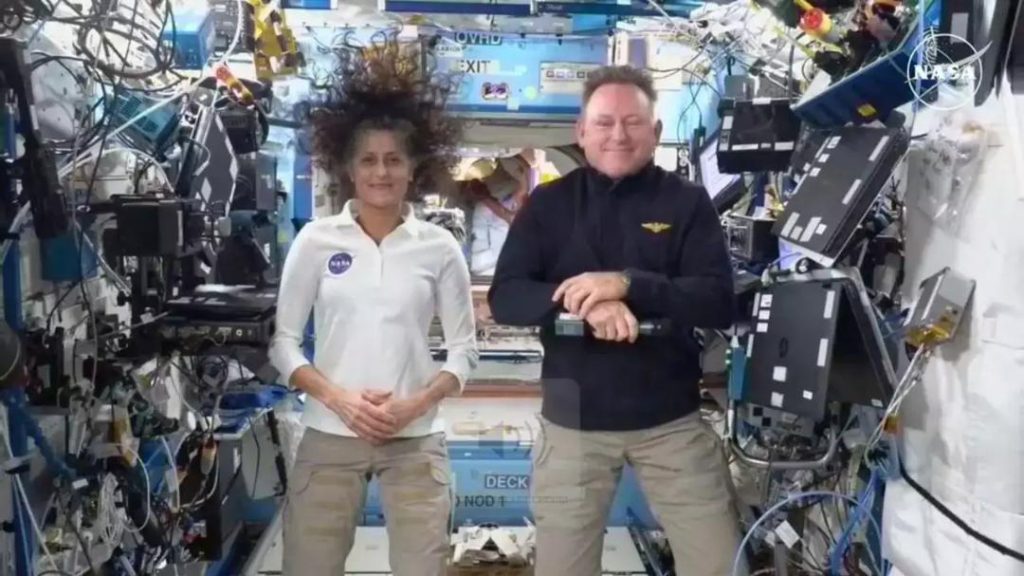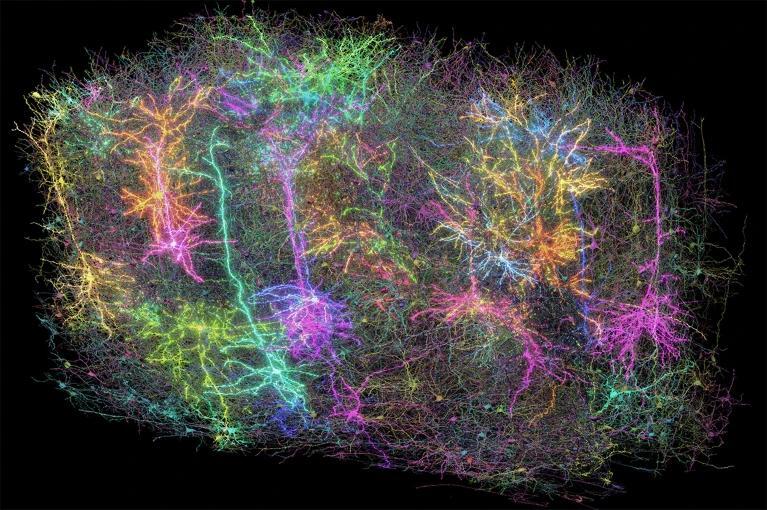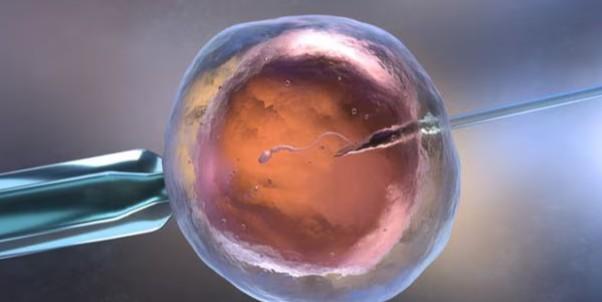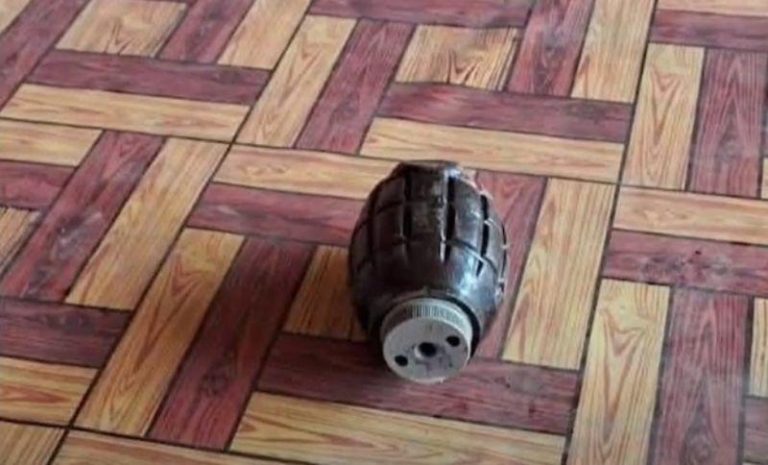
Lifting a Pencil Will Feel Like a Workout: Sunita Williams’ Colleague on Return from Space
Sunita Williams, a NASA astronaut, is all set to return to Earth after an extended stay in space. And, as she makes her way back to the planet, she will experience some significant changes. According to her colleague, Butch Willmore, the gravity of Earth will be a stark contrast to the weightlessness she has grown accustomed to in space.
Speaking to CNN, Willmore revealed that the gravity will start pulling everything towards the lower extremities, including fluids. “Even lifting a pencil will feel like a workout,” he said. This is because, in space, the body does not have to work as hard to maintain posture and movement due to the lack of gravity. However, once back on Earth, the body will have to adapt to the increased gravitational force, making even simple tasks feel like a challenge.
Williams herself acknowledged the difficulties she will face upon her return. “It’s gonna be a little bit hard to adapt,” she said. As an astronaut who has spent over eight months in space, she is well aware of the physical and mental changes that come with being in a weightless environment. However, she is also prepared for the challenges that lie ahead.
So, what exactly happens to the human body when it is in space for an extended period? The answer lies in the way the body adapts to the microgravity environment. In space, the body does not have to work as hard to maintain posture and movement, which can lead to a range of changes, including:
-
Muscle Atrophy: When the body is in space, the muscles do not have to work as hard to maintain posture and movement, which can lead to muscle atrophy or wasting. This is because the muscles are not being used as much, and as a result, they begin to shrink.
-
Bone Loss: In space, the body does not have to work as hard to support the weight of the body, which can lead to bone loss. This is because the bones are not being subjected to the same level of stress and strain as they would be on Earth.
-
Fluid Shift: In space, the body does not have to work as hard to maintain fluid levels, which can lead to a range of changes, including swelling in the legs, feet, and face. This is because the body is not being subjected to the same level of gravity, which helps to regulate fluid levels.
-
Vision Changes: Prolonged exposure to space can also cause changes in vision, including blurred vision, double vision, and sensitivity to light.
-
Sleep Disturbances: The lack of gravity in space can also disrupt sleep patterns, making it difficult for astronauts to get a good night’s rest.
As Williams prepares to return to Earth, she will have to adapt to these changes and learn to navigate the challenges that come with being back on the planet. It’s a process that will take time, but with the support of her colleagues and NASA’s expertise, she is well-equipped to handle the transition.
In conclusion, Sunita Williams’ return to Earth will be a significant milestone in her space travel journey. However, it will also come with its own set of challenges. As she adjusts to the gravity of Earth, she will have to overcome the physical and mental changes that come with being in space for an extended period. With her experience and expertise, she is well-prepared for the transition, and we can’t wait to see what the future holds for this remarkable astronaut.






